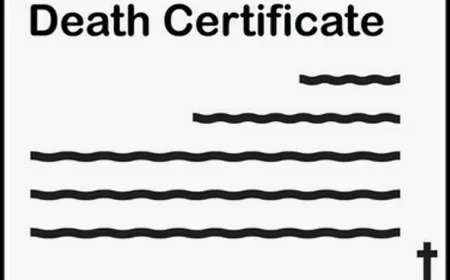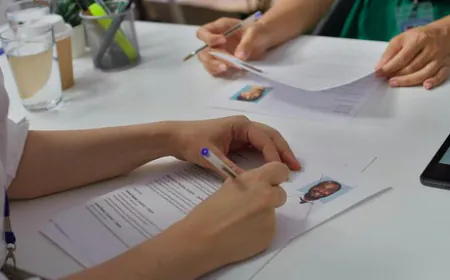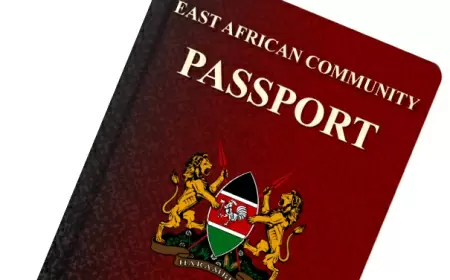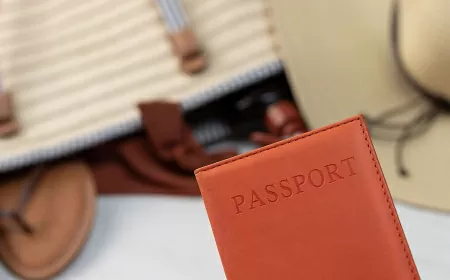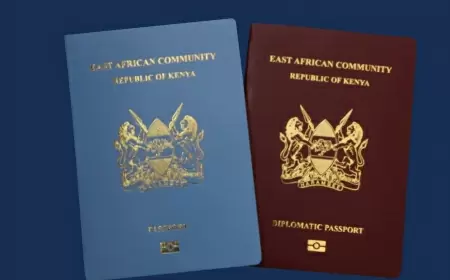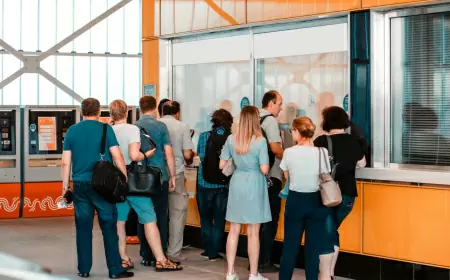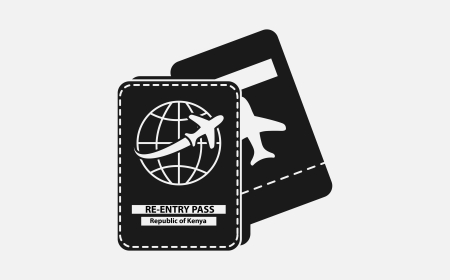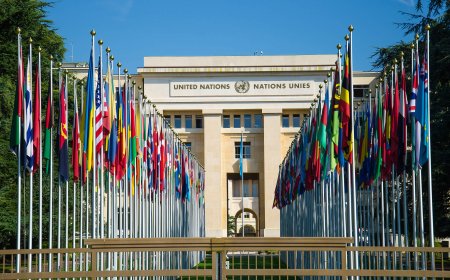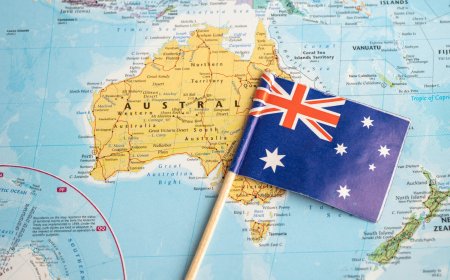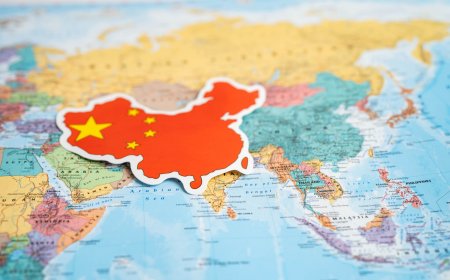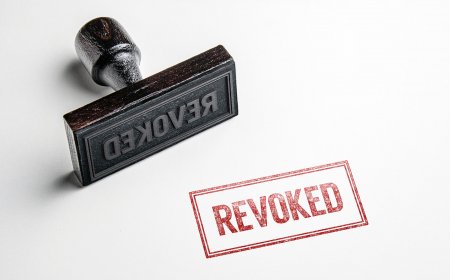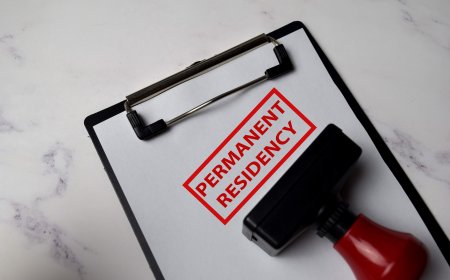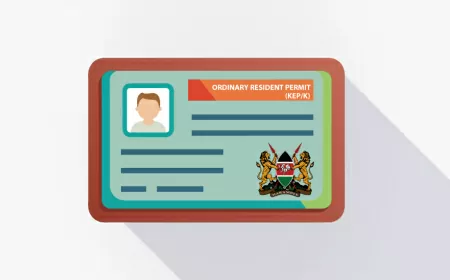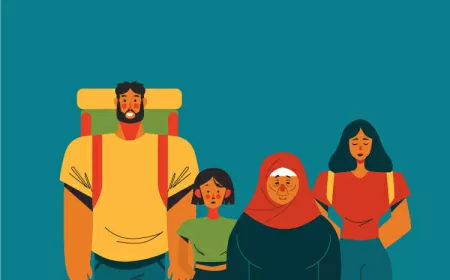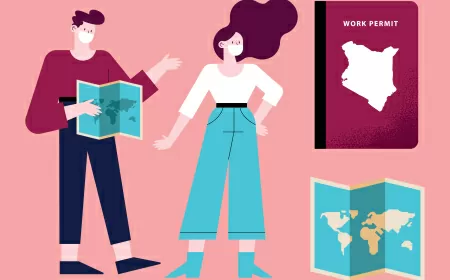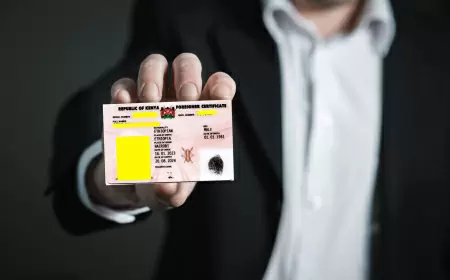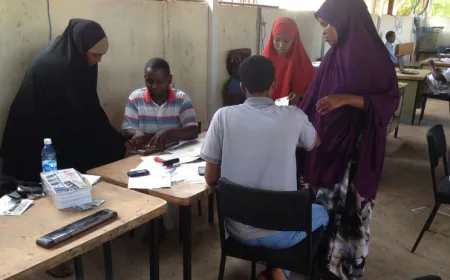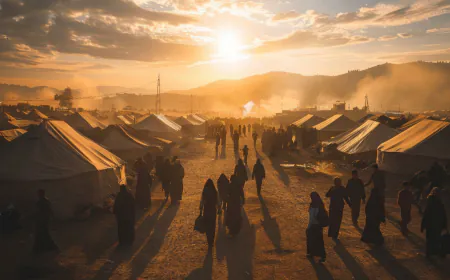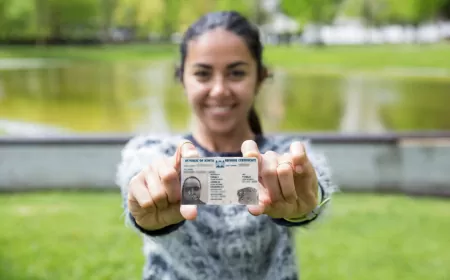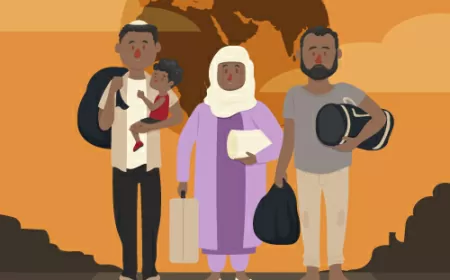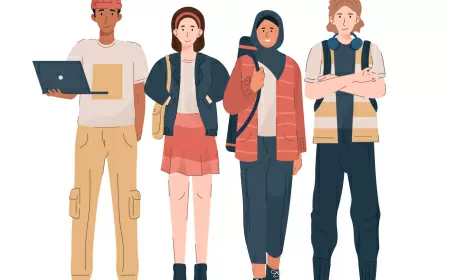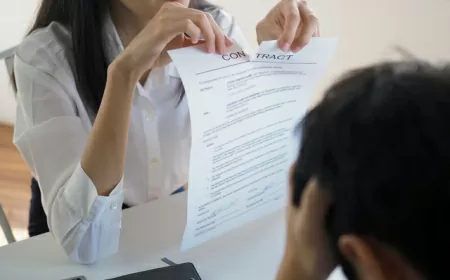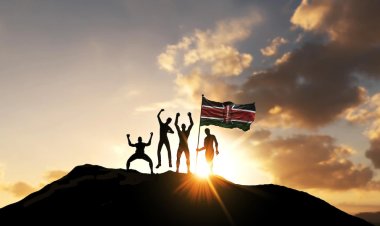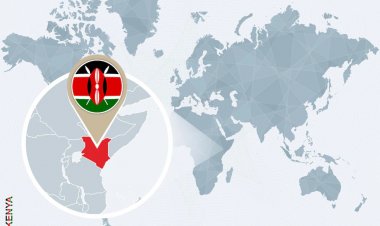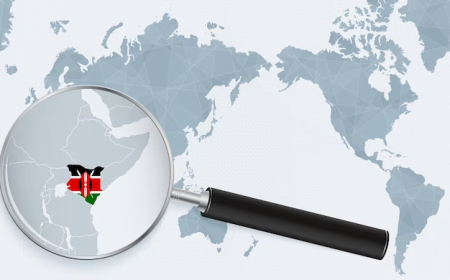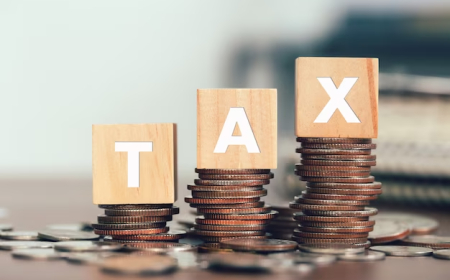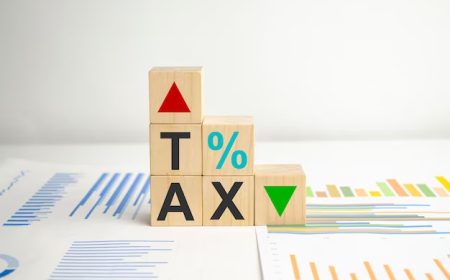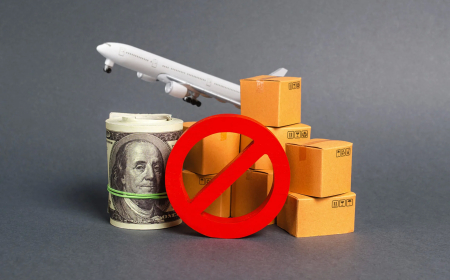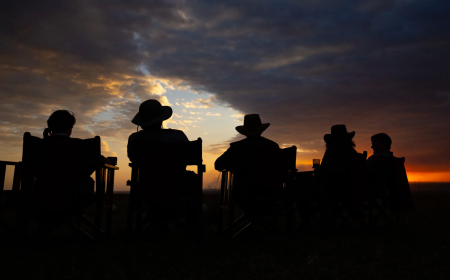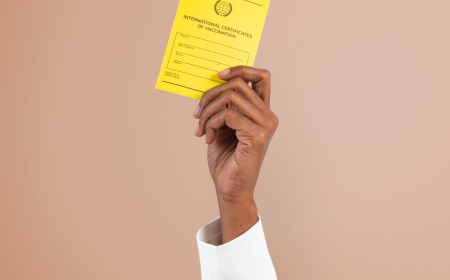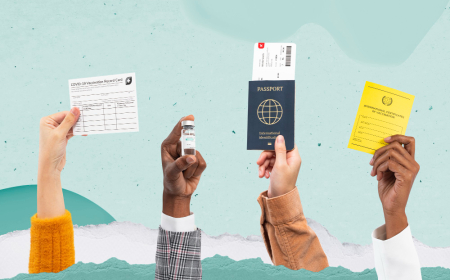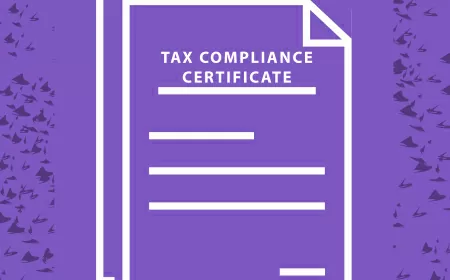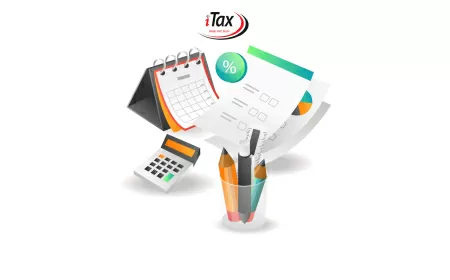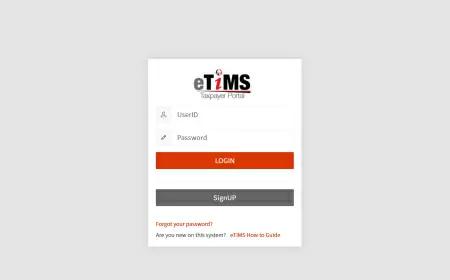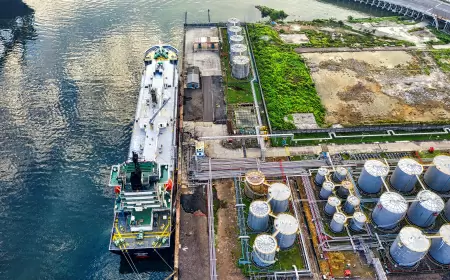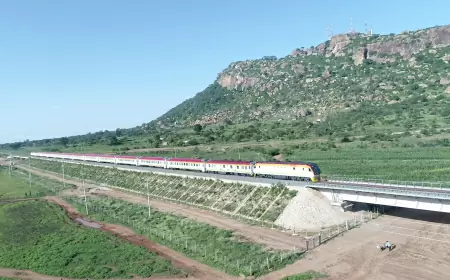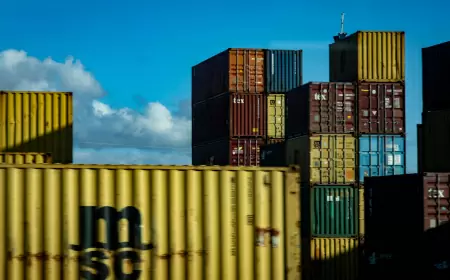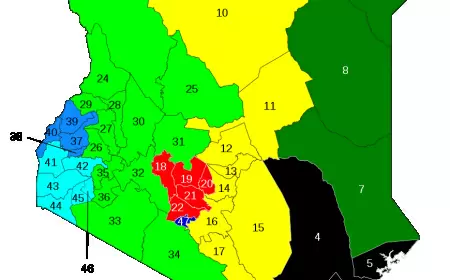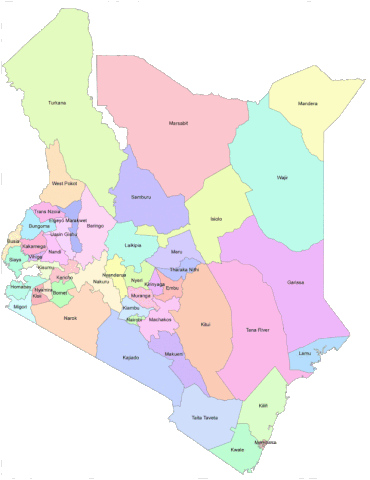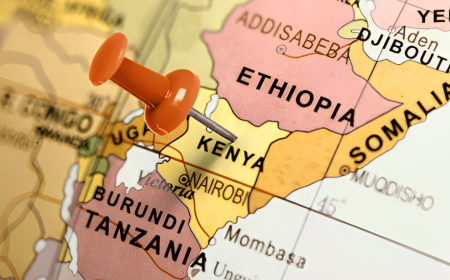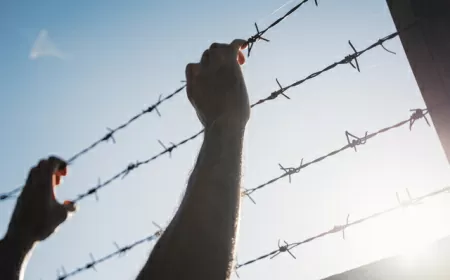What is Refugee Status Determination in Kenya and Why Does It Matter?
Refugee Status Determination (RSD) in Kenya is an essential process that assesses whether a person seeking asylum meets the criteria to be recognized as a refugee. Understanding this process is important because it directly impacts the protection and rights afforded to those fleeing persecution or conflict.

Table of Contents
- What is Refugee Status Determination (RSD) in Kenya?
- Which Government Agencies Handle Refugee Status Determination in Kenya?
- The Role of UNHCR in Refugee Status Determination in Kenya
- Documents to Bring to the RSD Interview
- Refugee Status Determination Procedure
- How Can I Appeal my Rejected RSD Decision?
- Do Refugees have to Pay for RSD or other Services?
-
What is Refugee Status Determination (RSD) in Kenya?
Refugee Status Determination (RSD) is a formal process used to evaluate asylum applications in Kenya. This procedure is governed by two key legal frameworks:
- The Kenyan Government's Refugees Act, 2021
- The 1951 UN Convention relating to the Status of Refugees.
The primary purpose of RSD is to assess whether a person seeking asylum qualifies as a refugee according to the definitions set forth in those two legal frameworks.
The RSD process typically involves:
- Application submission
- Interview with RSD officials
- Review of supporting documentation
- Assessment of the applicant's claim against the legal definitions
- Decision making based on the evidence presented
- In cases where one is rejected, they can appeal to the Refugee Appeals Board (RAB).
-
Which Government Agencies Handle Refugee Status Determination in Kenya?

The refugee status determination (RSD) process in Kenya is primarily managed by the Kenyan Government's Department of Refugee Services (DRS).
This agency has comprehensive responsibilities in the RSD process, which include:
- Reception of asylum seekers
- Registration of individuals seeking refugee status in Kenya
- Conducting the refugee status determination interviews and assessments
- Issuance of official documentation to recognized refugees
-
The Role of UNHCR in Refugee Status Determination in Kenya
The United Nations High Commissioner for Refugees (UNHCR) works closely with the Government of Kenya, collaborating with sister UN agencies and various partners. It provides technical support and capacity building.
-
Documents to Bring to the RSD Interview
Remember to carry along to the RSD interview the following documents if available;
- Identity documents
- Travel documents
- Medical records
- Marriage /Birth Certificates
- Driving License
- Education Certificates
- Newspaper clippings
- Any other relevant documents
You may contact Refugee Consortium of Kenya (RCK) on the possibility of legal assistance.
-
Refugee Status Determination Procedure
The process for determining refugee status in Kenya follows a structured procedure:
- Initial Registration Application: Asylum seekers must first register their application with the Department of Refugee Services (DRS) at one of their offices located in Dadaab, Kakuma, Nairobi, Eldoret, Nakuru, or Mombasa.
- Interview Process and Assessment with RSD Officials: All asylum seekers, with the exception of those from South Sudan, undergo an individual interview. This interview serves as the primary basis for the decision on their application.
- Review of Supporting Documentation : The eligibility for refugee status lies with the applicant by presenting evidence or proof that will support their claim.
- Decision Making on Refugee Application: After an asylum seeker’s RSD interview, DRS staff draft a recommendation that undergoes a quality review. The Commissioner for Refugee Affairs then makes a decision and prepares a decision letter.
- Endorsement of the Application Recommendation: After the review process, the Refugee Status Eligibility Panel (RSEP), representing the government and UNHCR, recommends applications to the Commissioner for endorsement.
- Refugee Recognition Status or Rejection of Application :The Commissioner may recognize or reject these recommendations. Upon recognition, applicants receive a refugee recognition letter from DRS, valid for one year. Recognized refugees can also obtain a renewable refugee identity card from DRS, valid for 5 years.
- The Appeal Procedure: If an application is rejected, the applicant has the right to appeal. The first level of appeal is to the Refugee Status Appeals Committee (RSAC).
- High Court Appeal: If necessary, applicants can pursue a further appeal to the High Court.
In case your application is accepted, a recognition letter is prepared and issued to you. You can then apply for a Refugee ID card.
-
How Can I Appeal my Rejected RSD Decision?
In case your asylum application is rejected, you will be issued with a letter detailing the reasons for the rejection. You have the right to appeal against the decision to the Refugee Appeal Board within 30 days of receiving the negative decision.
-
Do Refugees have to Pay for RSD or other Services?
All services provided by the government, UNHCR, and non-governmental organizations working with refugees in Kenya are free of charge.
Was this information helpful ?







